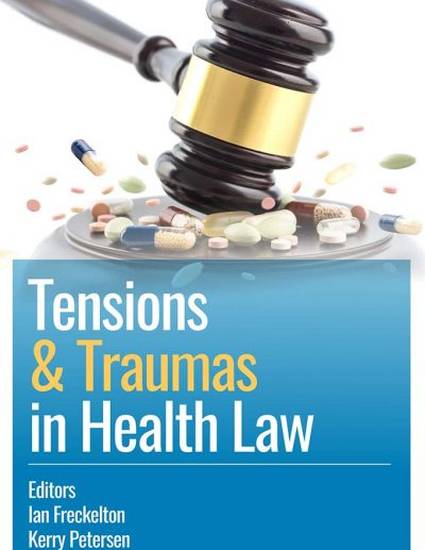
Contribution to Book
Withholding and Withdrawing Potentially Life-Sustaining Treatment: Who Should Decide?
Articles, Book Chapters, & Popular Press
Document Type
Book Chapter
Publication Date
1-1-2017
Keywords
- Medical Futility,
- Withholding and Withdrawing Life-Sustaining Treatment,
- End of Life Decision-Making,
- Regulatory Responses,
- Regulatory Frameworks
Disciplines
Abstract
This chapter begins by considering the context in which disputes about life-sustaining treatment arise and the tensions and traumas they involve. Demographic and cultural shifts around how we die, evolving responses to the concept of ‘medical futility’ and difficulties in predicting death and in determining patient views and wishes all provide a context in which these decisions are made and disputes resolved. We then outline different possible regulatory responses to resolving these disputes before proposing a framework for how they should be regulated, based on values that we believe should be engaged when making decisions about potentially life-sustaining treatment.
Citation Information
"Withholding and Withdrawing Potentially Life-Sustaining Treatment: Who Should Decide?" in Ian Freckelton & Kerry Petersen, eds, Tensions and Traumas in Health Law (Alexandria, Australia: Federation Press, 2017).
